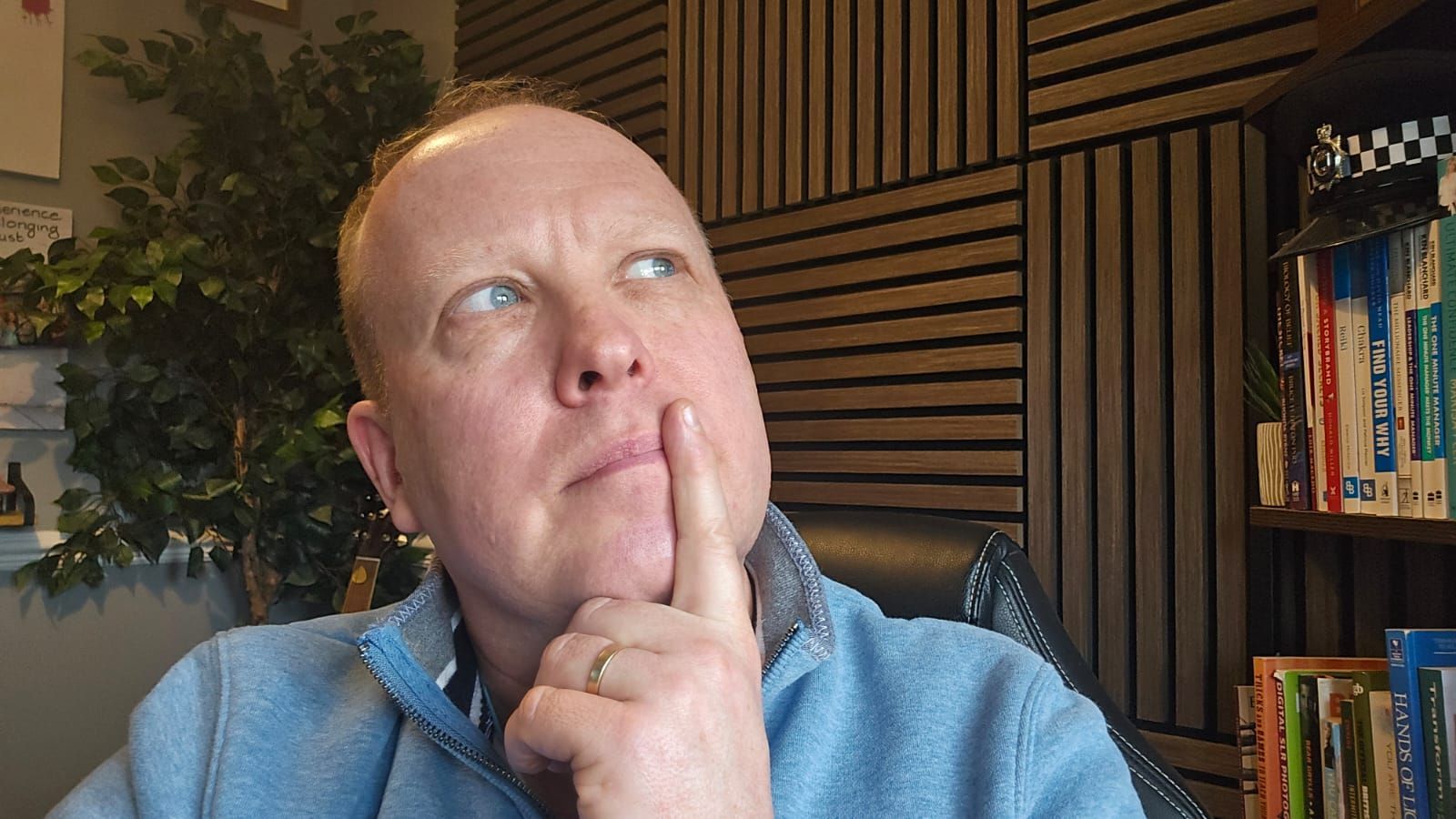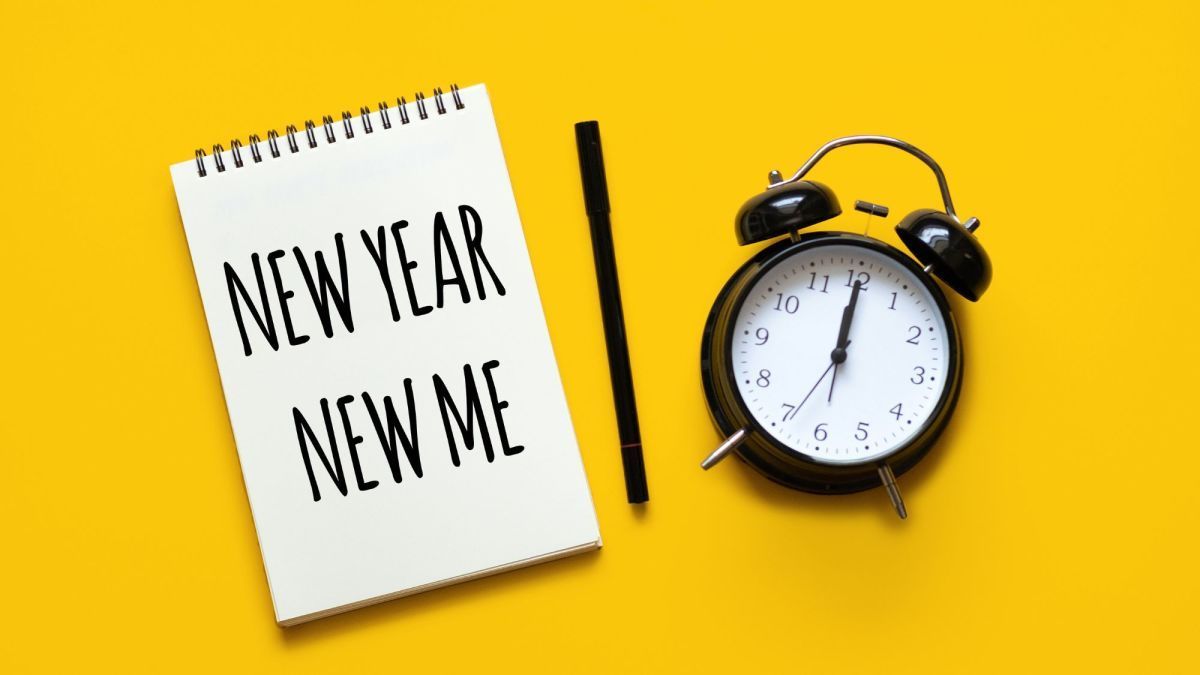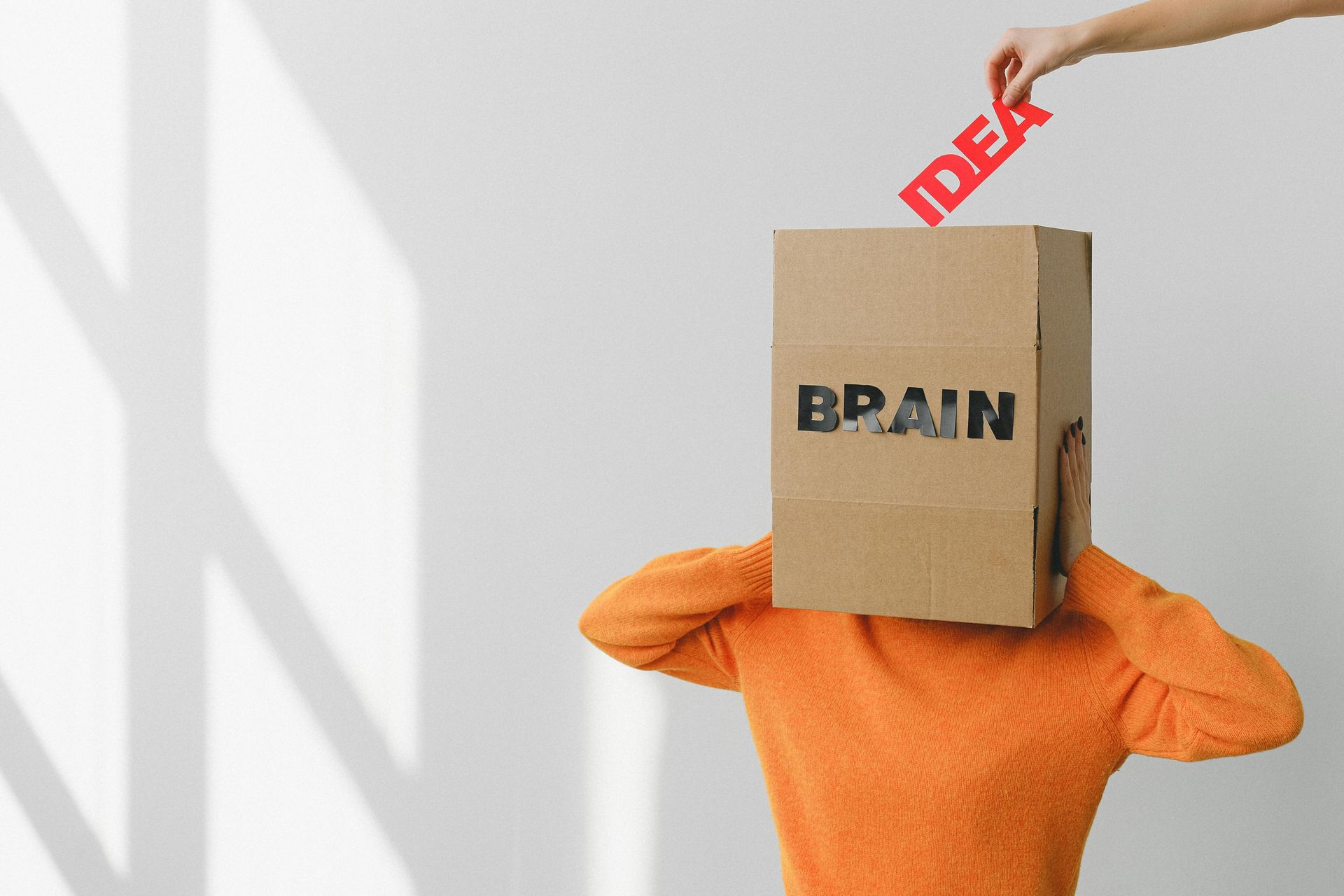Why where you drink your coffee might impact your health decisions
This is a subtitle for your new post

Forging Authentic Paths in a Mainstream World: Insights from Coffee Choices to Life's Biggest Decisions
I was never a coffee snob but I have to admit I am now, little would I know 10 years on that our choice of environment influence our wellbeing.
In a world that often feels dominated by mainstream choices, it's all too easy to find ourselves swept along by the tide of popular opinion or societal norms. This tendency can manifest in the smallest of our daily decisions, like our choice of coffee shop, to the more significant aspects of our lives, such as our approach to health and wellbeing.
But why do we so often forgo better, more personalised choices in favour of fitting in?
And more importantly, how can we ensure our choices truly resonate with our authentic selves, crafting lives we're genuinely excited to lead?
A revealing statistic from a survey highlighted on Premise Data's Medium blog illustrates this phenomenon: 66% of consumers expressed a preference for Starbucks over their local coffee shop.
It's interesting given the statement above that I switched from consuming mass market drinks to pay much more for a decent brew, but I don't actually know what consciously happened.
This preference underscores a broader tendency to gravitate towards what's popular or widely accepted, even when more unique, potentially more satisfying options are available.
This isn't just about coffee—it's a metaphor for the choices we make across all areas of our lives, from the brands we support to the habits we cultivate.
As a former soldier and police officer, service has always been something I see as a value and maybe that is why I switched where I drunk my coffee, it wasn't about the coffee it was about the environment and the way that environment made me feel.
When it comes to wellbeing, this mainstream mindset can lead us to sacrifice our health. Rather than taking ownership of our personal health and wellness goals, we often default to what's most accessible or endorsed by the majority, just like nipping into Costa or Starbucks when around the corner is an independent coffee house whose passion and purpose drive everything they believe in.
We opt for quick, convenient food options that are known to be less healthy, or following fitness trends that may not align with our individual needs or preferences, or seek psychological support which actually doesn't support us in moving forward but tells us cope and manage is the best you will ever get,
James Clear's "Atomic Habits" offers a powerful lens through which to understand this phenomenon. Clear emphasises the importance of small, incremental changes in behaviour that over time lead to significant, transformative results. One of the book's core principles is that our habits are not just the result of our choices but are also shaped by our identity. We tend to adopt habits that align with our perception of who we are or who we believe we're supposed to be, often influenced by societal norms and mainstream culture.
I started by taking a risk of having one coffee and what I realised was the extra effort created a better experience, cost comes in many forms.
This insight is crucial in understanding why we might forgo choices that are better suited to our unique preferences and needs. If our identity is heavily influenced by mainstream values or perceptions, our habits—and by extension, our choices—will reflect that. To break free from this cycle, we must start by re-evaluating our self-perception and questioning whether it truly aligns with our authentic selves.
Crafting a life that resonates with our true selves requires conscious, deliberate choices that often go against the grain. It means prioritising what genuinely brings us joy, fulfilment, and wellbeing, even if it's not the most popular or conventional path.
Whether it's choosing the quaint local coffee shop that makes your perfect cup or embarking on a wellness journey that's uniquely yours, these choices are expressions of our deepest selves.
From my personal journey, embracing authenticity in action has been both challenging and profoundly rewarding. Choosing to step away from the mainstream, whether in my coffee preferences or in larger life decisions, has led to a more fulfilling and authentic existence. It's in the quiet moments connecting with someone, like the barista who knows my order by heart, that I've found space for reflection and a deeper connection to my community and myself.
The mind loves what is familiar but it also can't hold conflicting beliefs. The biggest decision most people need to make is to stop and ask
"Why am I choosing this option?"
"What other opportunities are available that align with my values?"
"Why am I compromising myself in this environment just to follow the crowd?"
In embracing our authentic selves, we forge paths that are not only more satisfying but also more sustainable. This is the essence of conscious living and authenticity in action. It's about making choices that reflect our true selves, from the mundane to the monumental.
As we navigate the bustling grind of life, let's remember the power of our choices and the impact they have on crafting a life we're thrilled to lead.
I forgot to mention that the decision to walk into that coffee shop wasn't mine alone, it was actually a colleague who suggested it.
At first I was nervous, it costs more, what's the point it's just coffee.
However I now know whether its the drink and food you put in your body or the thoughts you put in your head, they all have an impact on the way you feel and sometimes having the safety of someone you trust to help you make that small move is all you need to change your experience.
I invite you to share your own experiences and reflections on how you've navigated the balance between mainstream influence and authentic choice.
How have your decisions, from the coffee shops you frequent to the lifestyle habits you cultivate, reflected your true self?
Join the conversation below and let's inspire each other towards more conscious, authentic living. 🌱☕
If you want to try a different approach to create a better experience in your life then lets talk









